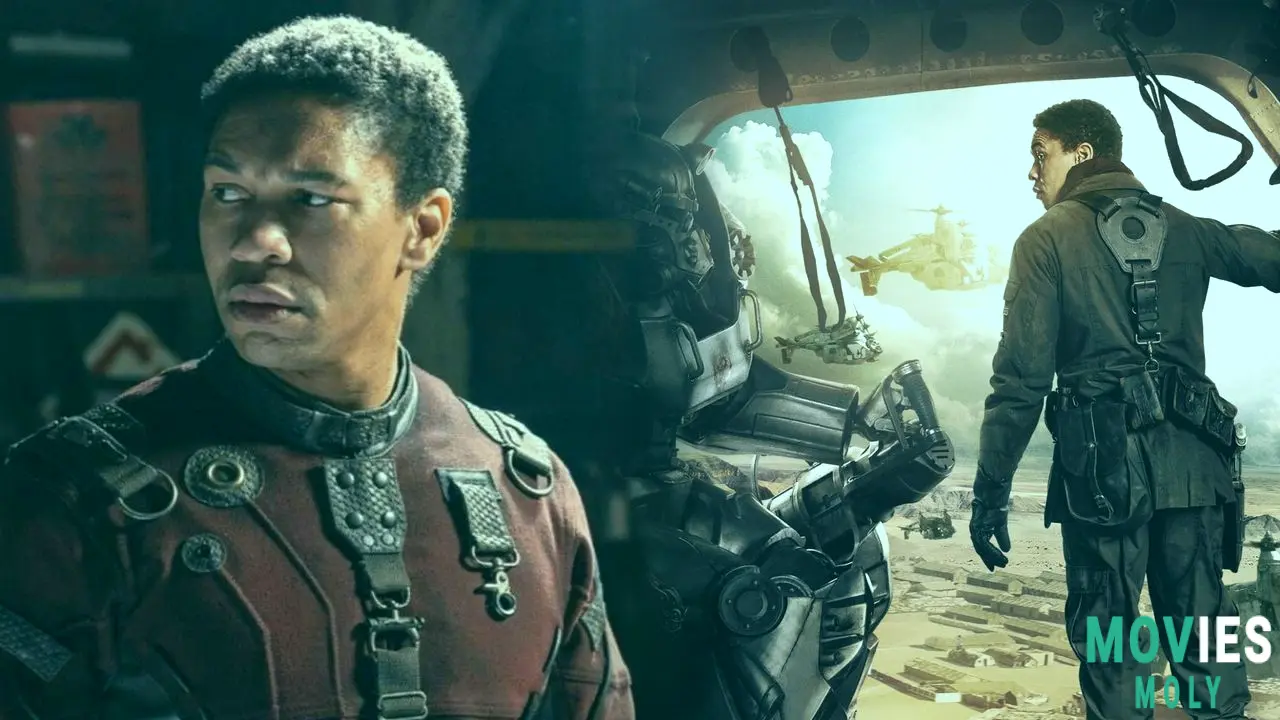Amazon’s Fallout series may be heading for a full run through the wasteland — and not just in terms of nuked-set storytelling. Aaron Moten, who plays Maximus of the Brotherhood of Steel, revealed the show’s creators have a clear endpoint in mind, and it’s about five or six seasons down the line.
Fallout show’s story is planned through multiple seasonsThe comment came during a recent appearance at Comic Con Liverpool. Moten didn’t just tease an endpoint — he said he was given one when he signed on. “We would have a starting point, and they gave me the endpoint,” he explained. “That endpoint hasn’t changed, but it is [a] season five, six type of endpoint, you know?”
That doesn’t mean the show has been officially greenlit for half a decade. So far, only the first two seasons have been confirmed. But the fact that the team is working with a long-term plan says a lot about how confident they are in the Fallout property — and how much faith Amazon has in the series.
Character development is at the heart of the long-term plan
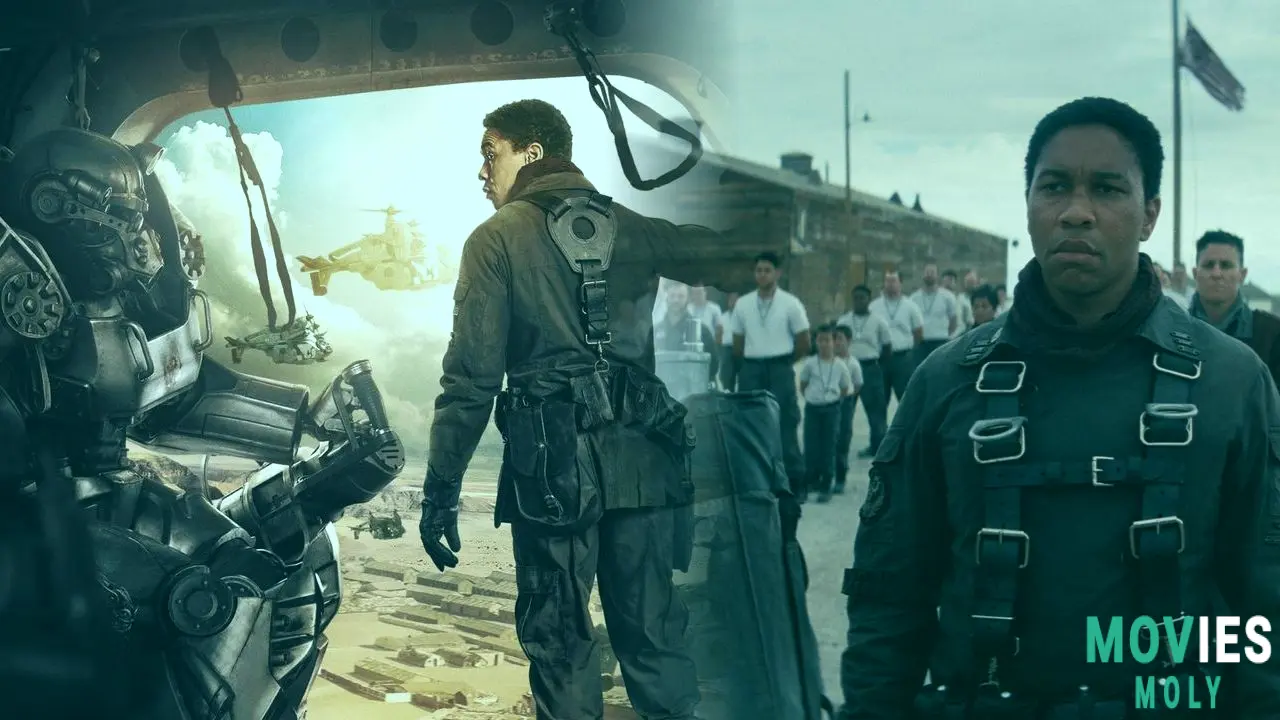
Moten also emphasized that the creators aren’t rushing through the plot. “We’ve always known that we’re going to take our time with the development of the characters,” he said. Given how layered and player-driven the Fallout games have been, it makes sense that the showrunners want to give the characters room to grow.
And grow they will. Season two production recently wrapped, and fan-favorite Walton Goggins marked the occasion in true Fallout fashion — by tearing off his ghoul prosthetics on set. Goggins has promised the second season is “a whole ‘nother level” compared to the first, which means the story isn’t just expanding, it’s evolving.
New Vegas is coming, and fans can’t wait
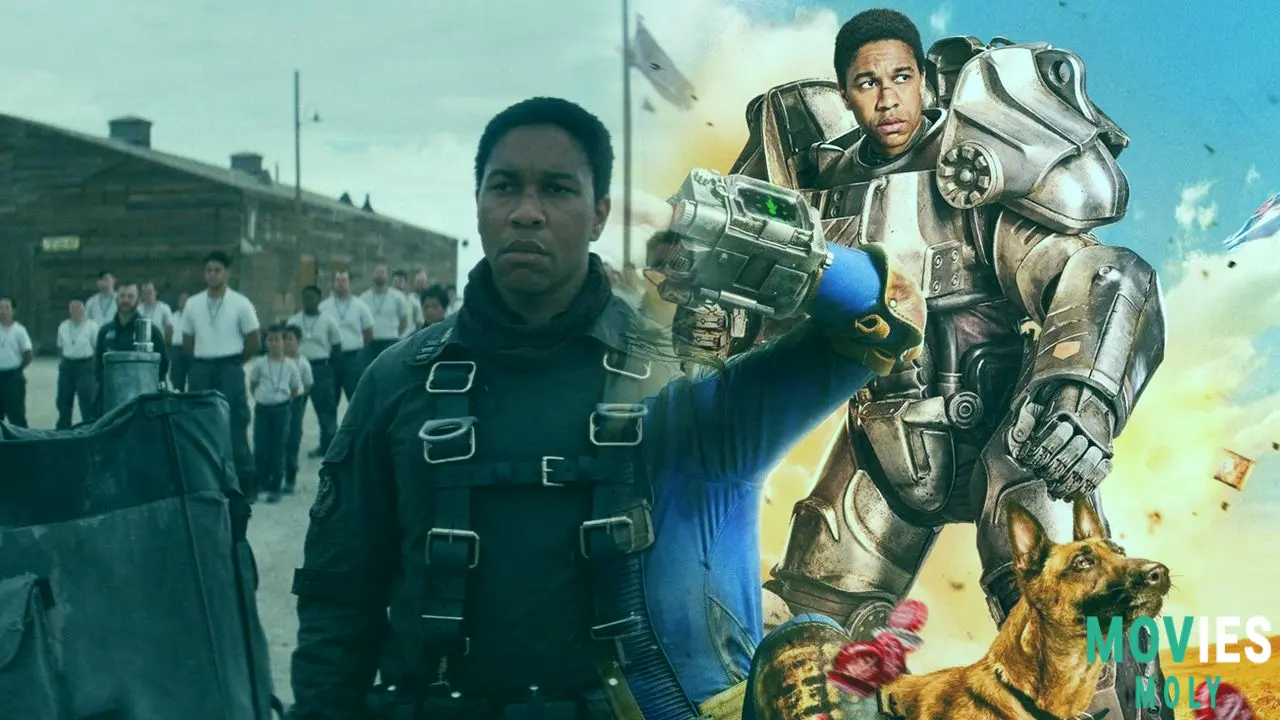
Leaks from the Fallout season two sets have given fans a sneak peek into what’s coming, including iconic locations from Fallout: New Vegas. The show appears ready to dive into fan-favorite territory, and it’s doing so with new cast members like Kumail Nanjiani and Macaulay Culkin joining the fray.
Nanjiani is reportedly playing a high-ranking Brotherhood of Steel official, while Culkin’s character is described as a “crazy genius-type.” It’s the kind of casting that doesn’t just fill roles — it teases bigger conflicts and deeper storylines. Especially when you consider how Fallout’s world-building thrives on faction dynamics and moral gray areas.
Five to six seasons gives the showroom for full lore exploration
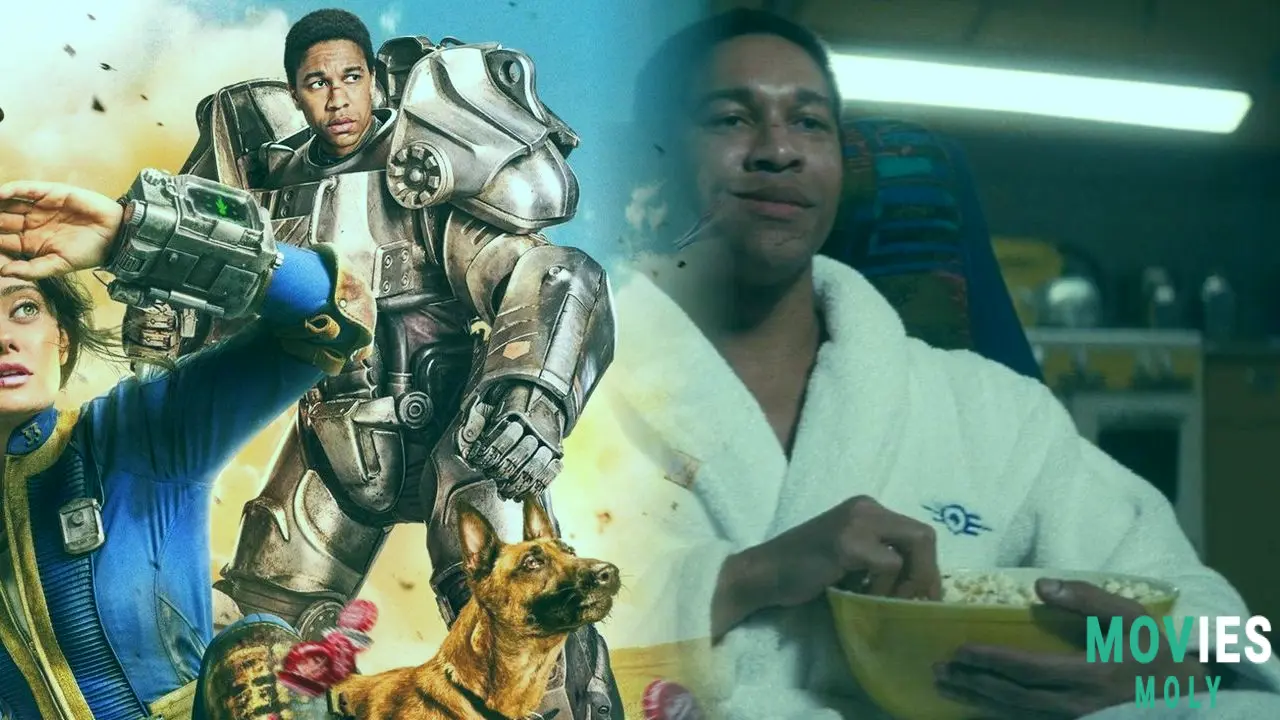
With five or six seasons on the table, the Fallout show has the potential to cover a lot of ground. Vaults, Ghouls, Super Mutants, and all the Proton Radstorms in between. More importantly, it gives the creators time to build original stories that stand alongside the games without simply reenacting them.
That’s key. Fallout isn’t just about surviving nukes — it’s about what people become when survival is all they have. The first season nailed that tone, and the second seems poised to push it even further. Whether that means exploring New Vegas in a way that mirrors the game’s branching paths or forging entirely new routes, the show now has a clear roadmap.
Long-term planning could keep Fallout from losing momentum
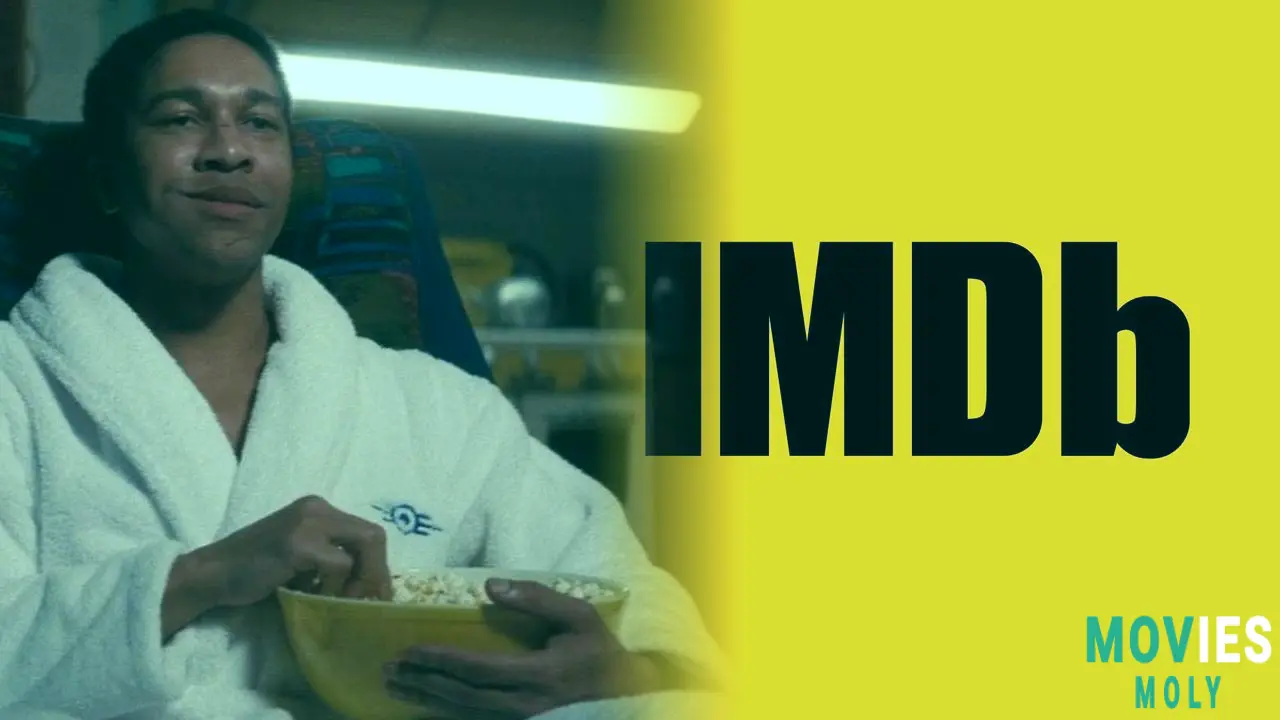
One of the biggest risks with adaptations is running out of steam. Fans get excited, creators stretch stories, and eventually, interest fades. Fallout seems to be avoiding that trap by planning its story arc from the start. As one fan put it, having an endpoint means the writers won’t have to “stretch the story thin just to keep it going.”
It’s a rare level of foresight in genre TV. And with Jonathan Nolan and Lisa Joy executive producing through Kilter Films, it’s not surprising the show is being handled with this kind of care. They’ve said they can’t wait to “blow up the world all over again,” and with a plan that extends to six seasons, they might just get the chance.
What’s the big ending Fallout is building toward?
The biggest mystery now is what that endpoint looks like. Moten says it exists, but not what it is. Five or six seasons from now, what moment will tie the entire series together? Will it be a final showdown with the Brotherhood? A new Vault experiment gone wrong? Or something bigger — like a conclusion to the cycle of war that Fallout games have always circled around?
Whatever it is, the fact that the show has an endpoint at all is encouraging. Fallout fans have spent decades shaping their own endings. Now, the show is crafting one of its own — and it might take half a dozen seasons to get there.

